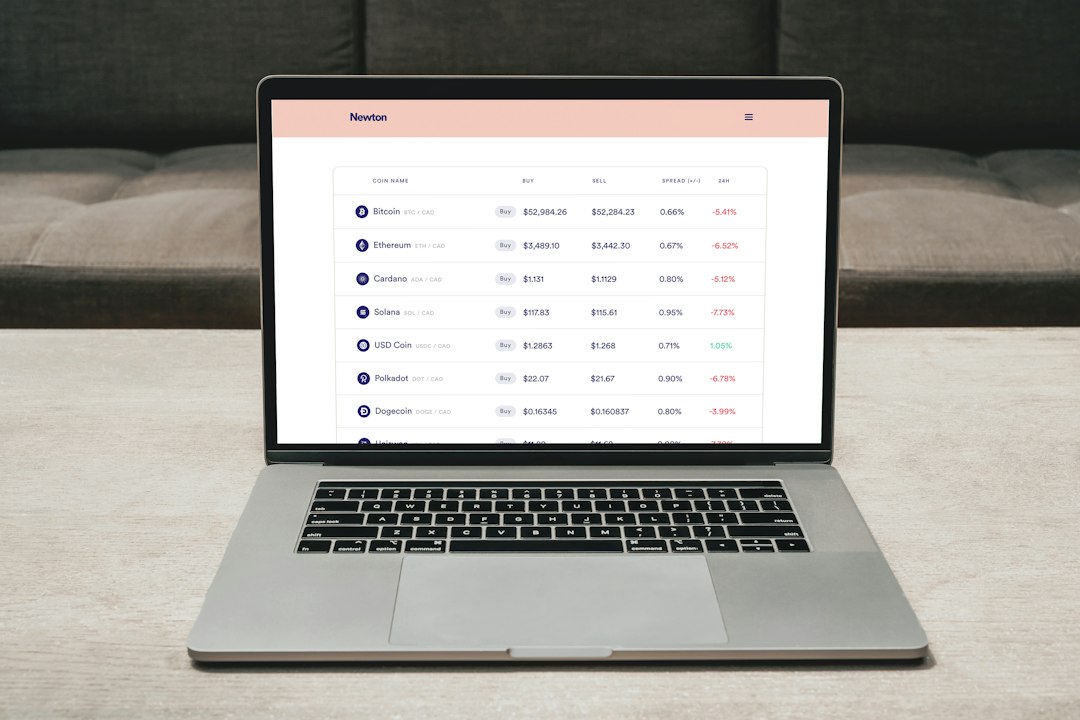Ripple Aims to Transform International Payments for IT Services
Ripple is seeking to revolutionize the $1.5 trillion IT services industry by redefining international financial transactions. In its recent publication titled “Accelerating Global Payments for Your IT Services Business,” Ripple explains how its blockchain-enabled payment system can transform the way IT service providers handle cross-border payments.
The Challenges of Outdated Global Payment Systems
The current global payment systems face numerous challenges. Traditional systems, which rely on a decreasing number of correspondent banks, are slow and expensive. Settlements can take up to 2-5 days, transaction fees can reach $100, and error rates are high at 4-6%.
These challenges result in opaque payment processes, requiring pre-funding of accounts to ensure liquidity. This ties up capital and creates operational bottlenecks, making the traditional system less efficient than Ripple’s proposed solutions, particularly in regions like India, Brazil, and Mexico.
The Advantages of Ripple Payments
Ripple Payments offers several key advantages for IT service providers. First, it operates round-the-clock, transcending time zones and banking hours. This allows for real-time global payments without pre-funding accounts, freeing up capital for other business needs.
Secondly, Ripple Payments provide a much faster alternative to traditional cross-border transactions. Transactions settle in seconds, enabling businesses to respond quickly to urgent needs, secure discounts from vendors, and reconcile payments more efficiently.
Thirdly, Ripple Payments introduces transparency into the complex and manual process of cross-border payments. With clear pricing, FX quotes, and complete visibility throughout the payment process, this technology enhances both partner and customer experiences while providing a competitive advantage.
Ripple’s Integration for Non-Blockchain Native Businesses
Ripple recognizes the importance of cross-border transactions in business expansion and aims to help IT services companies overcome the limitations of traditional payment providers. By offering various supply chain options, payouts in local currencies, access to a global workforce, and opportunities to enter new markets, Ripple positions these businesses for increased competitive success.
Ripple’s technology is designed to be accessible for companies not familiar with blockchain. Through a straightforward API integration into existing payment systems, businesses can enhance payment options, streamline operations, expand revenue, and access constant liquidity.
Conclusion
Ripple’s attempt to penetrate the IT services industry with its innovative payment system shows promise. While no specific new partners have been announced yet, Ripple’s solutions have the potential to transform international financial transactions and provide significant benefits for IT service providers.
At present, XRP is trading at $0.56723.





 By
By
 By
By
 By
By
 By
By
 By
By